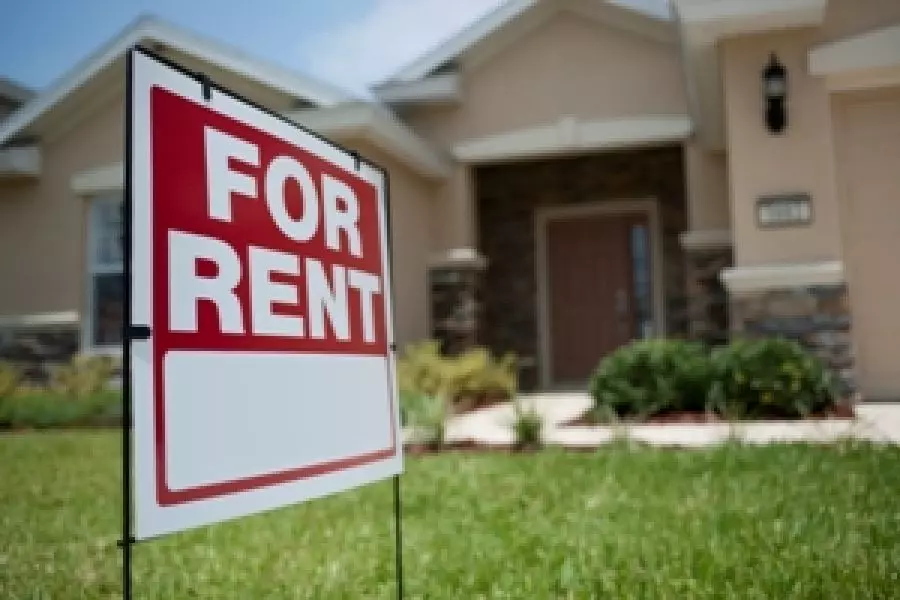News
One change could help renters’ cost of living crisis

Tuesday 31st of January 2023
Landlords are facing increasing costs in higher interest and council rates, insurance and a bigger tax burden along with a drop in the number of people who rent.
Property Investors Federation vice-president Peter Lewis says if students and workers do return rents could go up, but it’s not guaranteed as rents are set to market conditions and the amenity of the property: The market...
Want to read the full article?
Click the button below to subscribe and will have unlimited access to full article and all other articles on the site.






![[The Wrap] Bye Bye Bayly](https://goodreturns.publit.io/file/c_fill,w_900,h_600/39f23ac1-f7c7-4854-b700-a150004ebbac.webp)


